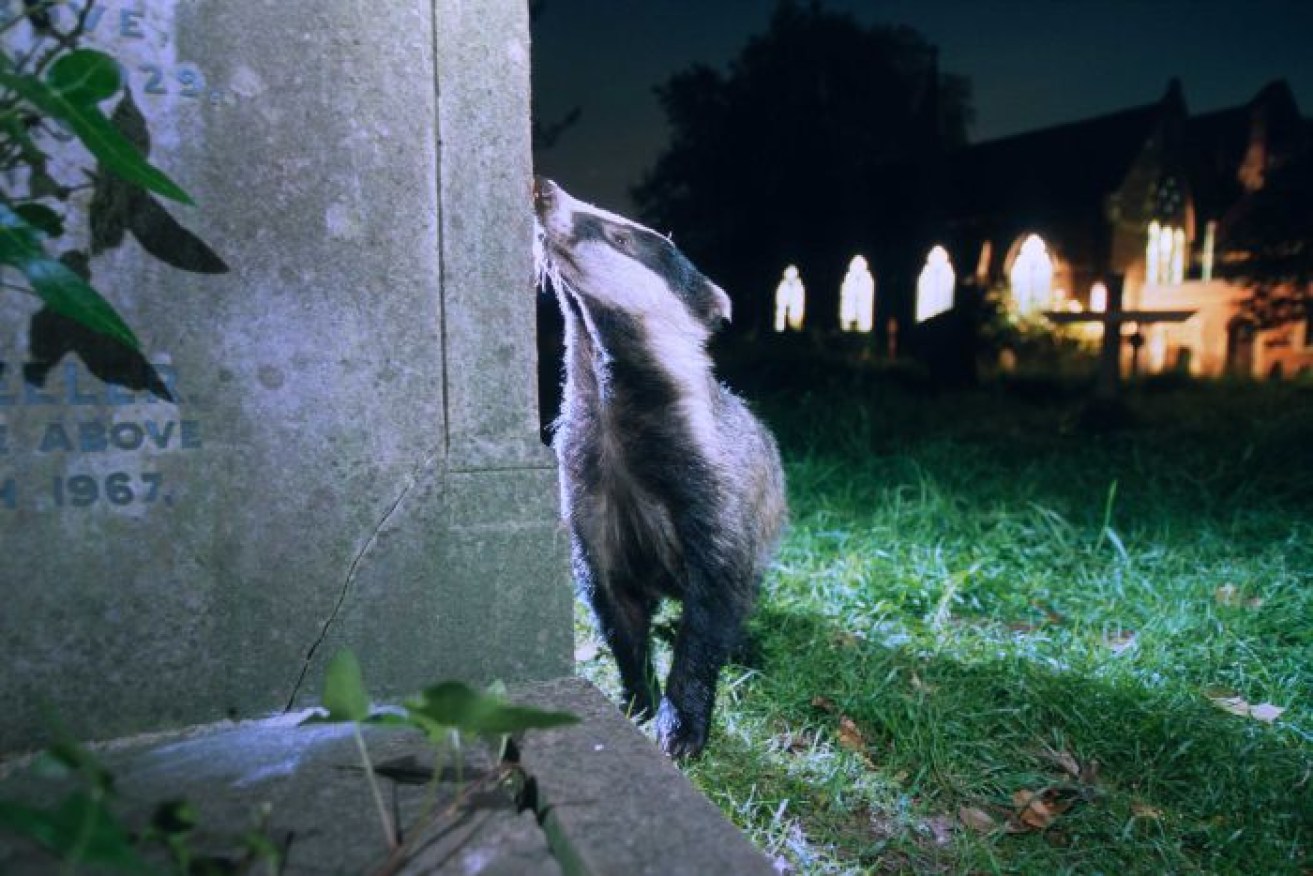Mammals are becoming more nocturnal to avoid humans, study finds

In the past humans have taken space away from wild animals, but now they are disrupting their timing too. Photo: ABC
Humans have been displacing wildlife since, well, forever. But as we encroach into every corner of the planet, there are fewer places for animals to hide – leaving some no choice but to adjust their daily schedules and embrace the nightlife.
Just like we make dinner at a specific time each day (usually), wild animals time their feeding, sleeping, and reproducing around whether they feel safe, whether their food is available and if anyone else is competing for it.
Examining 72 studies from all over the world, scientists have found humans are disrupting the daily routines of some mammals, forcing them to take their daily tasks into the dark, as reported on Friday in the journal Science.
The research looked at 62 species on six continents, across forests and deserts, from Alaska to Australia.
It found the mammals studied were 1.36 times more nocturnal around people when compared to natural conditions, according to lead author Kaitlyn Gaynor.
“An animal that would typically split its activity equally between day and night, increased its night time activity to 68 per cent of its total activity,” said Ms Gaynor, who is a PhD student from the University of California Berkeley.

Mammals may have to change how they find their meals or even what they eat if they become more active at night. Photo: ABC
“This was a pretty striking change particularly as it was so consistent across the planet.
“The changes were smaller for animals that were nocturnal to begin with, but even then we saw that they became more strictly nocturnal around people.”
The study found the move towards night occurred regardless of how benign the human activity disturbing the animal was, which Ms Gaynor said was alarming.
“When hiking out in the woods we may think that we’re leaving no trace, but our presence alone can have lasting consequences,” she said.
“There was a strong response to urban development – which is really major transformations of the landscape from intensive human activity – but there were also similar shifts in response to human recreation.
“Just because we don’t see the wildlife on a daily basis doesn’t mean it’s not out there and our actions aren’t affecting it.”
Deakin University wildlife ecologist Euan Ritchie, who was not involved directly but contributed to a study examined in the meta-analysis, said the research was eye-opening.
Ecosystems changed by newly-nocturnal predators
As Mufasa once told us in the Lion King, “we are all connected in the great circle of life”. And if the lions changed their hunting habits, their kingdom’s order would unravel.
Behavioural changes, like being more nocturnal, can cascade throughout food webs and have effects not just on the individual species, but on entire ecological communities, Ms Gaynor said.

If a predator has to hunt at a different time of day, it might also have to change what it’s hunting. Photo: Getty
For example, when coyotes in the Santa Cruz mountains in California became more nocturnal in popular hiking areas, the whole ecosystem shifted.
“They actually changed their diet and switched to more nocturnal prey, and so during the day more squirrels and birds were active. The coyotes’ behaviour changed the prey dynamics too,” Ms Gaynor said.
A 2012 study of dingoes by Dr Ritchie and colleagues, included in Ms Gaynor’s meta-analysis, highlighted the complexity of species interactions in the presence of humans.
“Dingoes stay away when humans are most active in order to avoid persecution,” he said.
“This allows feral cats to be more active earlier in the night, which could potentially negatively affect [native] species that are their prey.”
Dinosaurs also forced mammals into the night
This new research suggests mammals have a remarkable ability to adapt to new threats, and this shift to a more nocturnal lifestyle may have been made possible thanks to their common ancestors, Ms Gaynor said.
“Mammals were exclusively nocturnal during the time of the dinosaurs, because dinosaurs were this ubiquitous terrifying force across the whole planet,” she said.
It was only after the extinction of the day-hogging dinosaurs that mammals emerged into the light, according to Ms Gaynor.
Understanding the behavioural changes in wildlife revealed by the research will be crucial to developing conservation planning, said ecologist Ana Benítez-López from Radboud University, in an article also published on Friday in Science.
“The expanding footprint of human activities is not only causing the loss of habitat and biodiversity, but also affecting the dynamics of wildlife populations,” Dr Benítez-López wrote.
Light pollution may contribute
While light pollution – excessive night light from human activities – was not examined specifically in this study, Ms Gaynor said it could be another explanation for why some mammals increased their night time activity.
“If there’s night light that’s allowing them to see better, maybe they are able to expand the amount of time they spend active at night,” she said. However, the shift to nocturnality was occurring for mammals in areas where there is no night light, so it’s not always having an effect.
On the other hand, wildlife ecologist Kylie Robert thinks that some of the animals might be actively avoiding artificial night light, rather than using it to see better.
Dr Robert said as some mammals were switching from being day-active to nocturnal, there was a strong argument they weren’t taking advantage of night light in urban areas.
“These species are likely to perceive artificial lighting as increased day length, and may take advantage of this, but they’re not,” she said.








